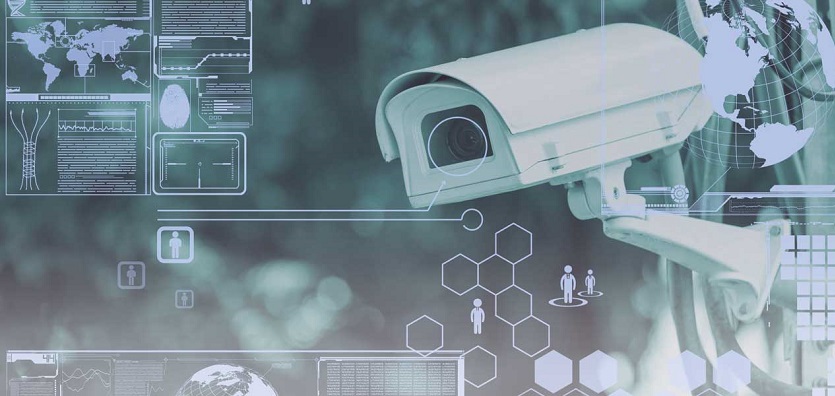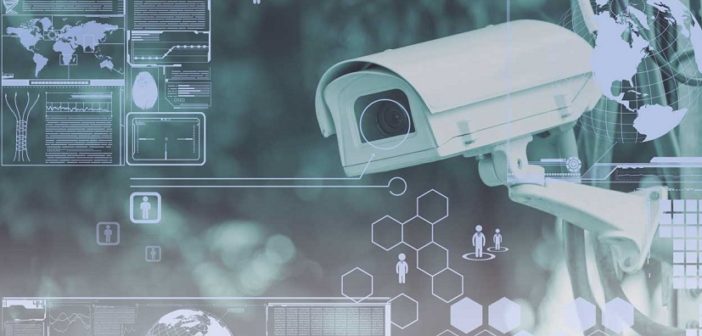
 India’s Opposition parties and civil libertarians are again up in arms against the right-wing Bharatiya Janata Party (BJP) government’s yet another attempt to muzzle dissent on social media platforms.
India’s Opposition parties and civil libertarians are again up in arms against the right-wing Bharatiya Janata Party (BJP) government’s yet another attempt to muzzle dissent on social media platforms.
They have moved a sheaf of Public Interest Litigation (PIL) lawsuits before the country’s Supreme Court against the move they deem “illegal” and “unconstitutional” and that they perceive to be politically motivated, coming as it does just prior to the seven-phase general elections scheduled from 11 April to 19 May.
The litigants, who include advocates Manohar Lal Sharma and Amit Sahni, and Trinamool Congress Party MLA Mohua Moitra, are challenging last December’s statutory order of the Ministry of Home Affairs (MHA) designating 10 agencies to carry out interception of information “when required in national interest”. The notification has evoked Section 69 of the Information and Technology (Amendment) Act, 2008, as well as Rule 4 of Information Technology (Procedure and Safeguards for Interception, Monitoring and Decryption of Information) Rules, 2009.
While Section 69 concerns “Powers to issue directions for interception or monitoring or decryption of any information through any computer resource”, Rule 4 provides that “the competent authority may authorise an agency of the government to intercept, monitor or decrypt information generated, transmitted, received or stored in any computer resource for the purpose specified in sub-section (1) of Section 69 of the Act”.
Arguing against the PIL, the government counsel proclaimed that right to privacy cannot override the need for authorised agencies to snoop, intercept, monitor or decrypt information in national interest and security. Nevertheless, the move is widely seen to be motivated by political considerations of the government that has proved increasingly intolerant to criticism and inclined to act against any disapproval on the eve of voting.
This was because the Narendra Modi government, which aspires to another five-year term in order to “complete fulfilling [its]mandate”, has been increasingly unsure of re-election, owing to the rising perception against it of mis-governance, corruption and administrative failures. The BJP leadership has been known to have raised and mentored armies of trolls that have been vehemently intimidating its critics. Such messengers have on occasion made audio and video recordings of their threats to harm, rape and even eliminate those they view to be the government’s detractors, including journalists and academics.
The PIL drew upon the apex court’s own milestone ruling of 2017 where a nine-judge Constitutional bench had determined privacy to be a fundamental right for every citizen of India. By that landmark verdict, India, the world’s biggest democracy with a population of 1.34 billion, joined the United States, Canada, South Africa and the European Union in recognising personal privacy as a fundamental right. The nine judges overturned previous cases to declare, “Privacy is the constitutional core of human dignity.”
The plea for striking down the MHA order contended that while national security was critical and paramount to any society, the government’s keenness to attribute its invasive surveillance practices to the cause of national security should not be condoned. It said the Ministry’s “snooping order” granted as much control to government agencies as it rendered them unaccountable in the process. The 10 agencies were the Intelligence Bureau, Central Bureau of Investigation, National Investigation Agency, Research and Analysis Wing, Narcotics Control Bureau, Enforcement Directorate, Central Board of Direct Taxes, Directorate of Revenue Intelligence, Directorate of Signal Intelligence and the Delhi Police Commissionerate.
This is the first time any Indian government has conferred such overwhelming scanning powers on its agencies. While only ‘data in motion’ were hitherto allowed to be intercepted, the MHA order now grants these agencies sweeping access and powers to intercept and seize not just calls and emails, but all revived, stored and generated file types, encrypted or otherwise, on computers. The government has thus sought to establish a system of deep surveillance that is not in public interest and is fraught with a high risk of misuse and abuse. The order also obliges subscribers, service providers and any persons in charge of the computer resource to extend technical assistance to the agencies, failing which they can be penalised with a seven-year jail term and fine.
In an earlier judgement, the Supreme Court had urged the government to always carefully and sensitively balance individual privacy and the legitimate concerns of the state. Pointing out that the MHA order does not specify the procedure, object or period of such surveillance, the present PIL informed the court that anyone under such scrutiny may not even be aware that his or her electronic communications were being intercepted or monitored. And if one were to become aware, the government could deny any explanation by invoking the confidentiality clause provided in the draconian anti-espionage Official Secrets Act enacted in 1923 by the British colonialists to combat the independence movement.
A national newspaper has, in fact, been threatened with the legislation for its reportage on a questionable defence deal that the government says was based on “stolen” records.
The government’s affidavit filed against the PIL noted, “Grave threats to the country from terrorism, radicalisation, cross-border terrorism, cyber crime, organised crime, drug cartels cannot be understated or ignored and a strong and robust mechanism for timely and speedy collection of actionable intelligence, including signal intelligence, is imperative to counter threats to national security.” It added, “This is undeniably legitimate state interest.”
But if terrorists are monitored, it does not mean the average citizen should be too. There are adequate means available to the government to safeguard national security rather than by bringing the entire population under pervasive surveillance.
The Supreme Court has posted the next hearing in the case to April.






